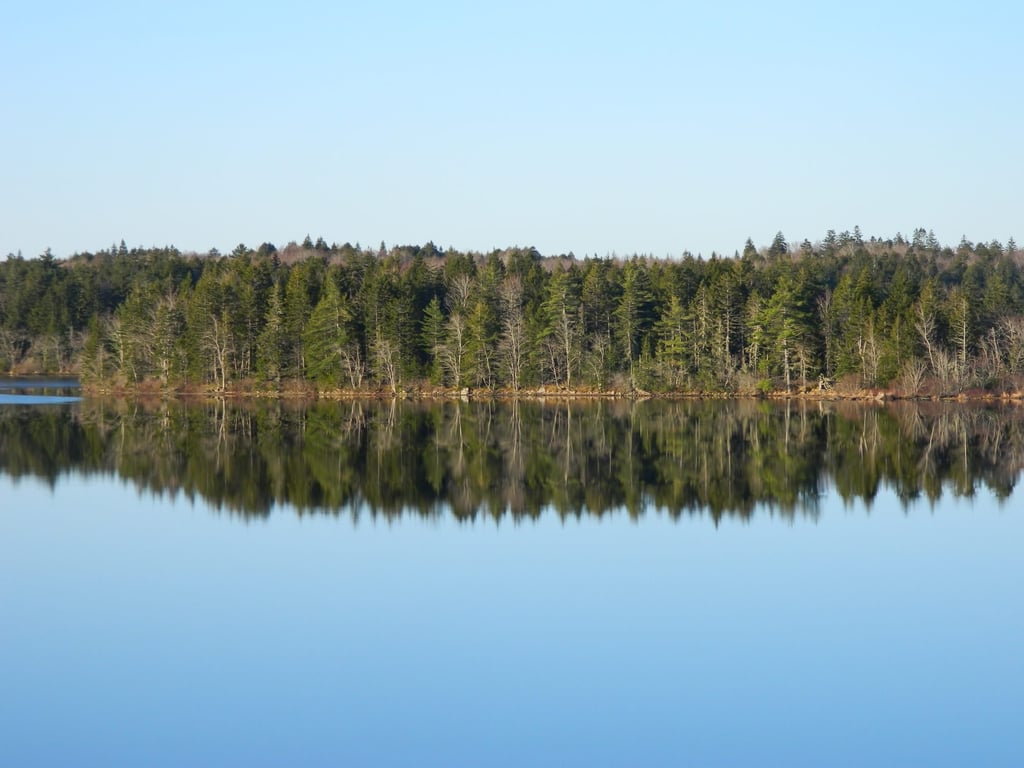Five private island owners talk about getting away from it all to detox, recharge or wait out the coronavirus pandemic
- A Taoist businessman is learning how to lead a life of self-sufficiency on a lake island in Nova Scotia, Canada
- To ‘get that special Robinson Crusoe feeling’, a German entrepreneur flies 15,000km to two islands he owns in the Bahamas – before flying back the next day

Silence, seclusion and surroundings that consist of nothing but water and pristine nature – have you ever dreamed of owning a private island, or wondered what the people who do rule over their own little universe get up to while they’re there? Here, five island owners provide us a glimpse of their exclusive paradises.
“I need a remote place for self-learning and thinking that is hard to be found but easy to reach out [from] for food and other resources. I chose to purchase a plot of land in a country with a mature property ownership [system] that could enhance the stability and security of my practice.”
Leung was also attracted by the island’s geographical position. It is on the opposite side of the globe from his workplace – Hong Kong – making it the ideal “quiet thinking” spot required by Taoism to attain a fulfilled life.

He spends his days inspecting his domain and calculating the direction from which the sun will rise – crucial for his spiritual practice.